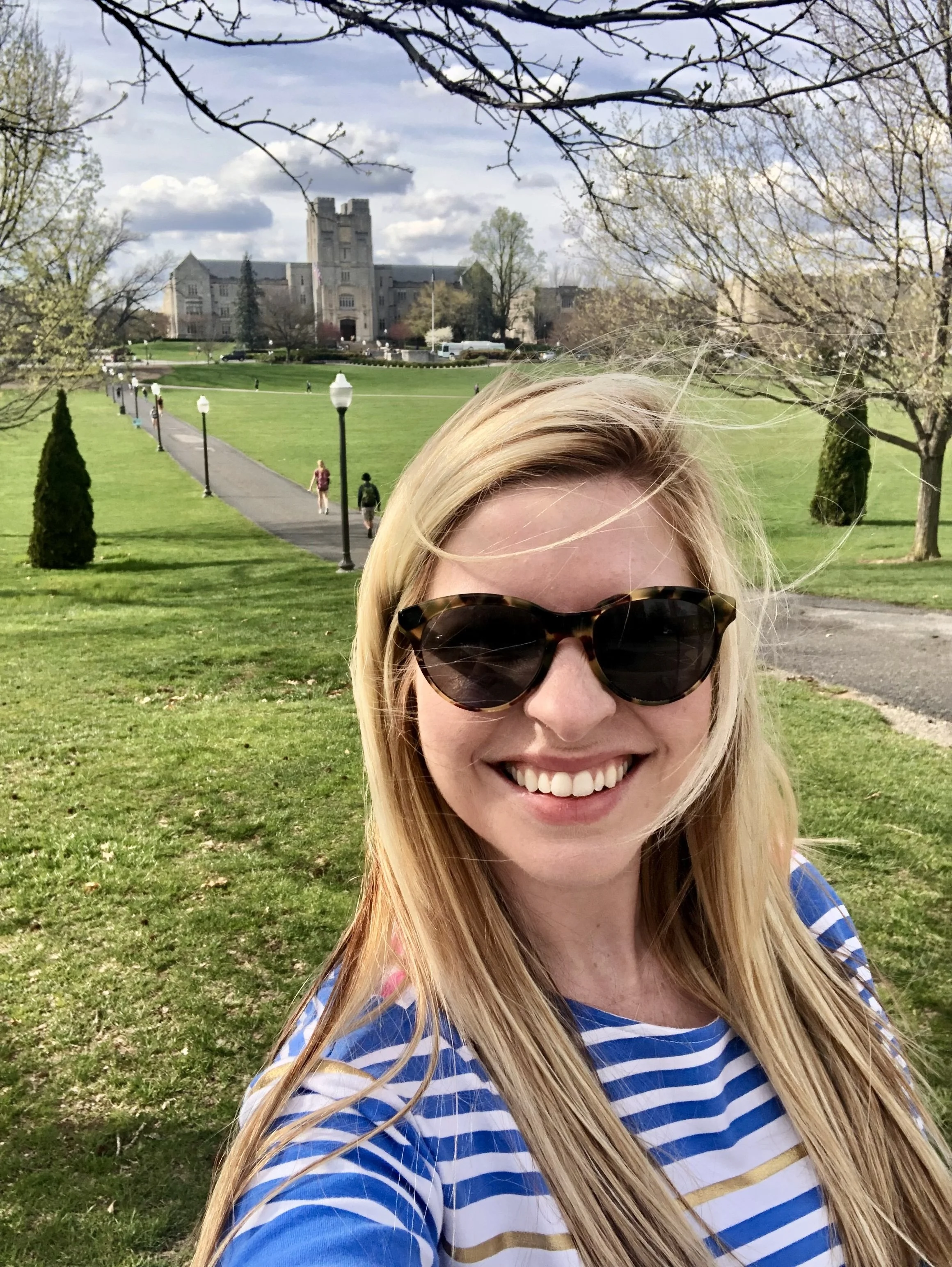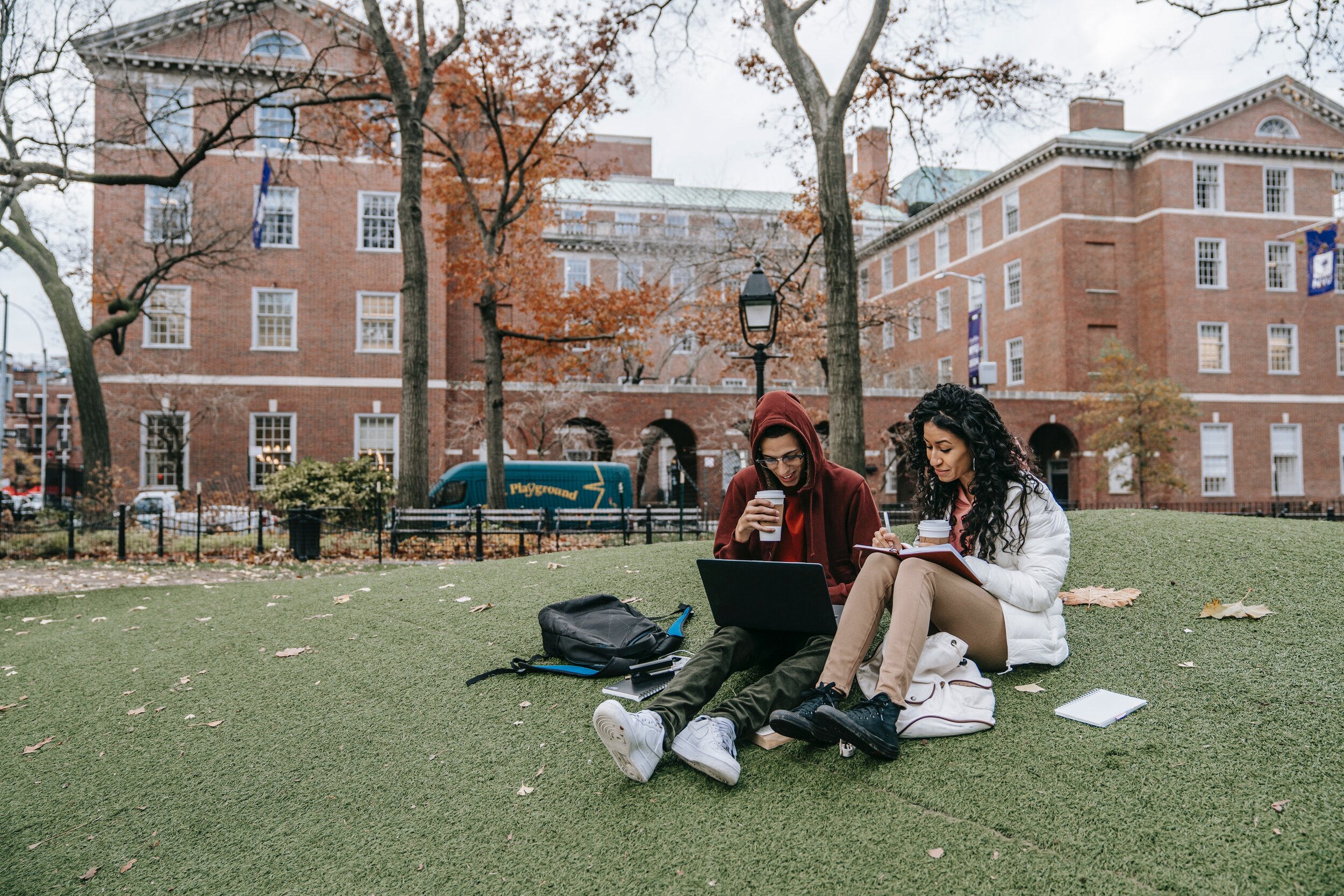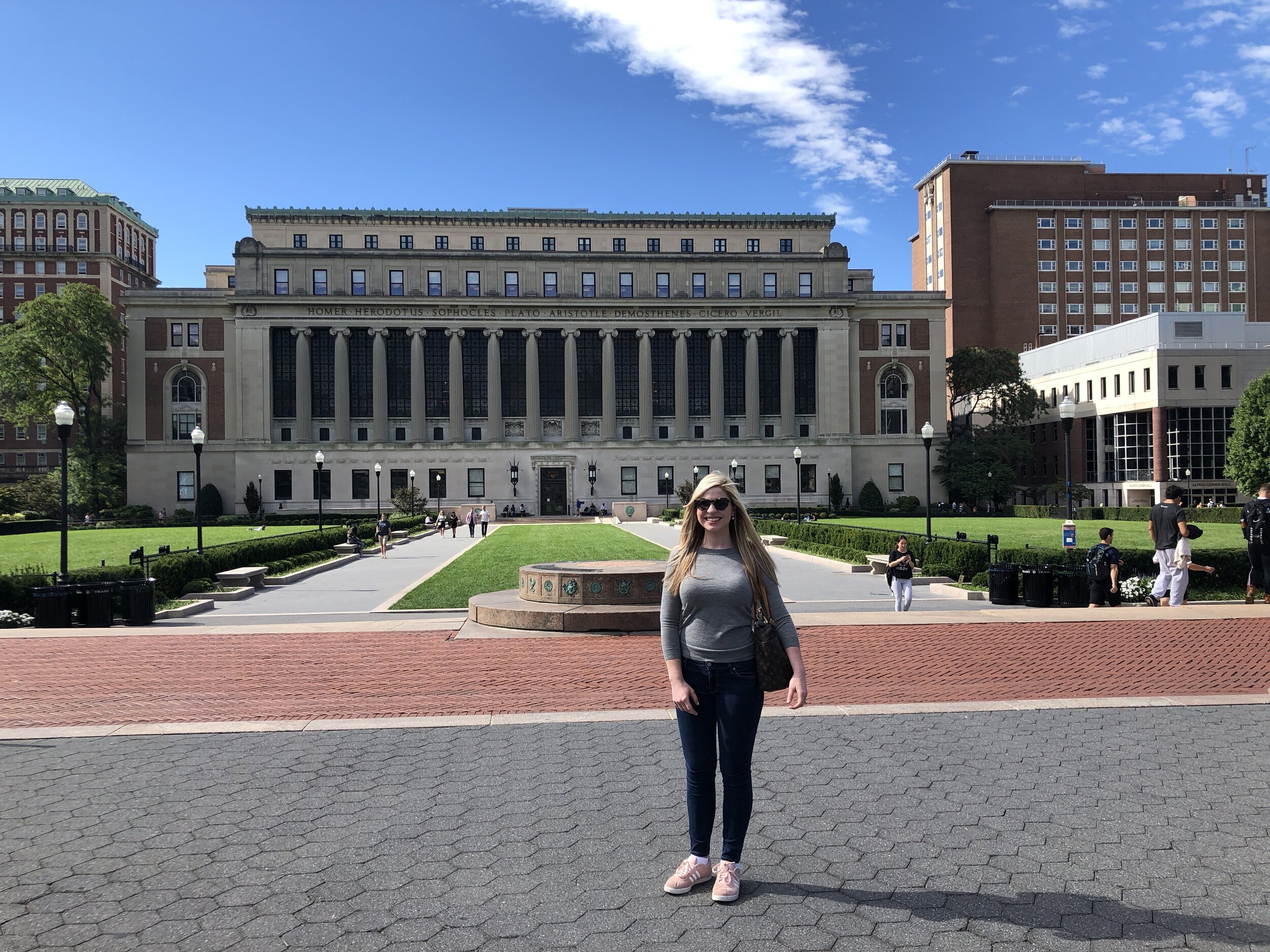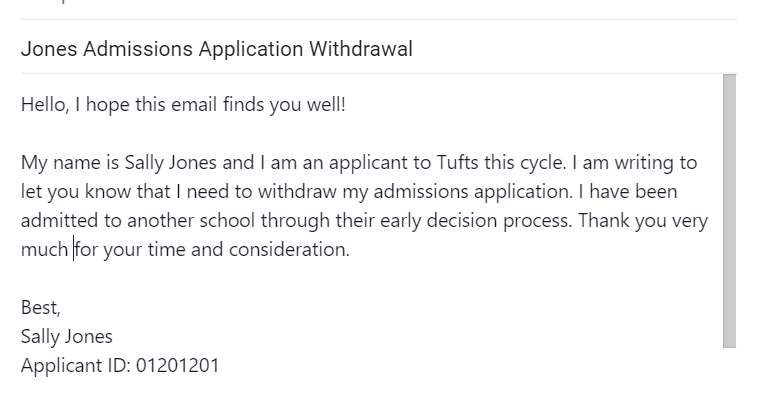We hope that everyone is enjoying our brand-new federal holiday - Happy Juneteenth!
BIGGEST COLLEGE-RELATED NEWS OF THE WEEK
SUPREME COURT PUTS OFF HARVARD AFFIRMATIVE ACTION CASE
The case against Harvard’s race-conscious admissions policy has made its way all the way up to the Supreme Court, but the Court declined to review the case, asking the Biden administration to weigh in first. The delay does not necessarily mean that the case will not be heard, but it is now likely to have to wait until the next Supreme Court session in October. Harvard has asked the Court not to take the case.
ARE STUDENTS LEARNING CRITICAL THINKING SKILLS?
One of the most persuasive arguments for a classical liberal arts education has always been that it teaches students how to think - not just knowledge, but the ability to use and analyze it. But according to Jeff Selingo’s latest newsletter, colleges may not actually help students gain the critical thinking skills they need to be successful in the workplace. In an analysis of 2,500 college students, natural sciences students had the most gains in critical thinking skills - while business majors had the lowest!
If you want to dive deeper into learning about how to think critically and how it benefits students in the long run, we love Range by David Epstein - this book about the importance of general skills over specialized knowledge is just one of many on our Summer 2021 Reading Guide, available to all Membership Vault subscribers!
LAW SCHOOLS OVERBOOKED FOR THE FALL
While the COVID-19 pandemic has brought about a lot of unexpected events this year, the rise in students attending graduate and professional school was easy to anticipate. During a recession, many adults who would otherwise be working often choose to return to or continue with school, hoping to graduate into a better job market.
But what was unexpected was the change in testing procedures - it turns out, students taking a shortened version of the LSAT at home are much less stressed than those taking the traditional test! The number of students scoring 175-180 doubled last year, leading to many more highly qualified applicants in the pool and the danger of over enrollment at almost all of the top 200 law schools. The larger class sizes are expected to lead to an extremely competitive job market for law school graduates in three years.
There is also the consideration of what the impact will be on students applying this cycle, given the larger cohort above them. Duke, for example, offered students a $5,000 scholarship to accept a binding deferral to next year - a move that may lead to even fewer accepted students than typical for a highly selective school when it comes to this year’s applicants.
NORTHEASTERN ANNOUNCES PARTNERSHIP WITH MILLS COLLEGE
We covered here on this blog the shuttering of Mills College, a small liberal arts college in Oakland, California. Mills was just one of several smaller schools closing its doors in response to lost enrollment and revenue during the COVID-19 pandemic. However, Northeastern University has now established an historic partnership with Mills College, bringing the school into its global network. We will be interested to see how this alliance develops, and whether other large, selective institutions follow suit when it comes to these struggling smaller campuses.
BEST ARTICLES OF THE WEEK
The Wall Street Journal published an article last week that is providing a lot of food for thought for us and other education professionals. The author, R.R. Reno, writes that he won’t hire Ivy League graduates - because students at selective, typically liberal colleges are not prepared to speak out against prevailing opinion, students he calls “thin-skinned.” Reno acknowledges that his organization speaks for “religious and social conservatives,” and so looks for employees that share these views.
This Slate article, “The Real College Admissions Scandal,” attempts to shine the spotlight on private schools, arguing that the real advantage in college admissions is not athletics, legacy status, alumni donations, or race - the real advantage is attending a private school.
This is a common misconception that we hear from students and parents, but I think the writer is conflating correlation with causation here. The article does not mention that it is typically a self-selecting group of high-achieving, ambitious students who choose to attend private schools in the first place, and that students who do so are also more likely to pursue opportunities that lead to admission at selective colleges.
One important thing the article does mention, though, is the counselor call. We’ve talked about this on the blog before, but one of the most important things a school counselor can do to help students understand their admissions decisions is to make a counselor call, and counselors at private schools are more likely to take advantage of this than those at public schools, who often have a larger caseload and less time to make calls.
We always encourage our students, especially those who receive a defer or waitlist decision, to ask their counselor to make a call to get more information! This advocacy can definitely be important in the admissions process.
OFFICE HAPPENINGS
For high school students looking for a volunteer opportunity this coming year, Vienna Youth Cheerleading is looking for cheer coaches (18+) and assistant cheer coaches (16+) to teach cheerleading skills to young students and attend games and practices. Interested students should email the VYI cheer commissioner at melissa.pechulis@gmail.com. This is a great organization!
I have been out of the office (but still working, somewhat!) for most of the past two weeks and today I took my first steps on a college campus since Covid began! My daughter and I toured Penn, which I just love.
I have mentioned before that if I could go to any school today, Penn would probably be it. I really admire the way they seek to provide ALL students with the perfect mix of pre-professional career skills and a liberal arts background. I also love the city of Philadelphia and the way it is so integrated into all things Penn, yet the campus is green and leafy with a vibrant sense of community that most other city schools are missing. Plus, students have the opportunity to become involved in athletics and/or Greek life without it overtaking the undergraduate experience .. and it goes without saying that the academic opportunities and career outcomes are phenomenal.
I will be back in the office next week, and I’m excited to jump into some more Rising Senior Meetings with the Class of 2022! Things are speeding up around here for sure and we are LOVING reading all of the supplemental essays - such a good way to learn more about all of our amazing students.
Enjoy the weekend!























































































